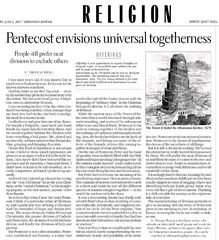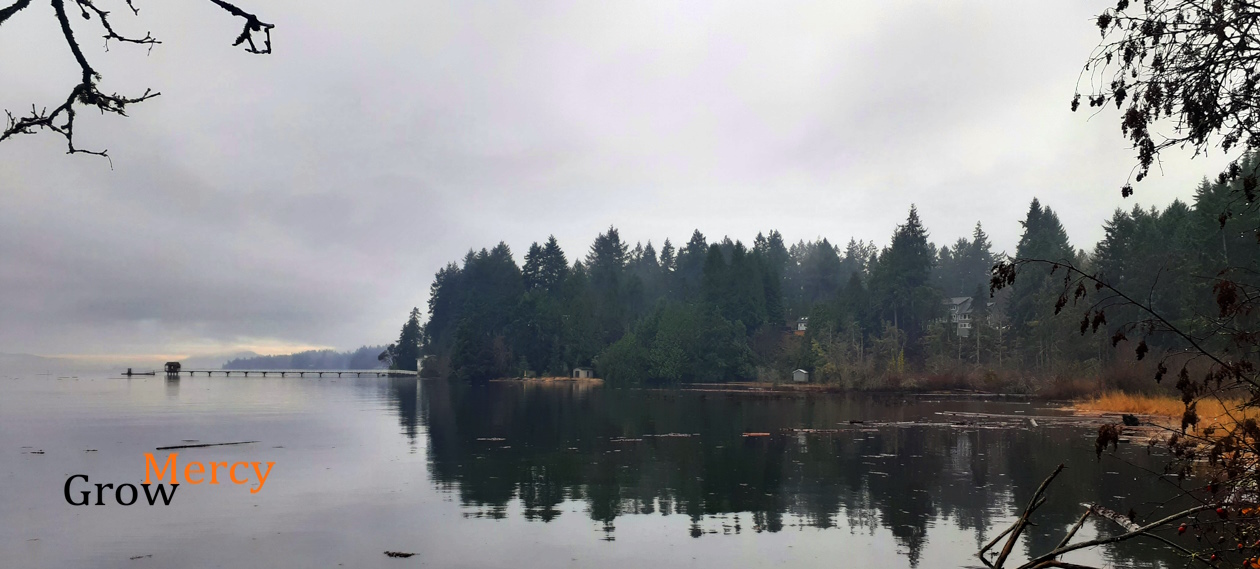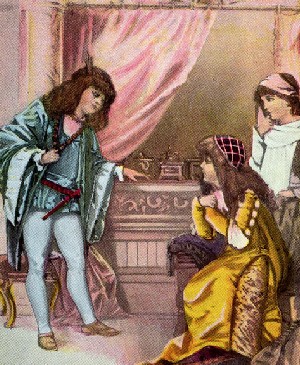Reading an excerpt of Christopher Hitchens new book, "God is Not Great," I found myself agreeing more often than I would have thought. And principally, I agree that religion poisons everything, as Hitchens exclaims, but I agree for far different reasons.
Christopher Hitchens
 |
For Hitchens religion is a slurry of superstition, ceremony, sacrifice, solipsism, and servility, and so is a blight and retardant on civilization. Above all, because of this, religion is an agent of abuse and violence.
For Rene Girard–whose ardent fan I am–religion can and has involved all of these factors, but more, it poisons and conceals its poison. Religion is both a cause of violence and a remedy for violence. It uses violence to cast out violence.
Because we catch our desires from each other, we are bound to desire the same objects, bringing us into conflict over those objects. When the contagion of conflict reaches a certain point, well, all hell breaks loose.
Religion began, perhaps even sprang into being, because of its dramatic way of curtailing this violence of the all against the all. If it wasn’t for religion, hominization, let alone civilization, wouldn’t have gotten off the ground.
Rene Girard
 |
The violence of the all against the one "saved" the many from annihilating violence. So dramatic was the resultant peace brought on by the all against the one that awe and worship burst forth spontaneously. After that, forms of commemoration, ritual, imitative sacrifice, became a "natural" way of reenacting the event until such a time as these elements wore thin and a new round of sacrificial violence was necessary.
But that’s the problem. Scapegoating violence, which is what this is, wears thin. More than this, it has been forever exposed by a living and crucified Christ, and no longer functions. Sacrificial violence is dieing a deserved death but we still haven’t learned to live without it. We haven’t grown the mercy and love and art or language required for its displacement.
I agree with Hitchens that religion is dangerous. But not for the reasons he cites. Religion is dangerous because it has lost its power, again, a good thing. But with nothing to replace it, the violence born of envy and mimetic rivalry will escalate. Only grace, mercy, and love will do. And this comes by receiving our desire though one who is love and without violence.
Technorati Tags: Christopher Hitchens, "God Is Not Great", Religion, Violence, Rene Girard, Scapegoating, Mimetic desire





 I’m indebted to Wendy Morton for reminding me of this poem in Shakespeare’s, The Merchant of Venice.
I’m indebted to Wendy Morton for reminding me of this poem in Shakespeare’s, The Merchant of Venice.